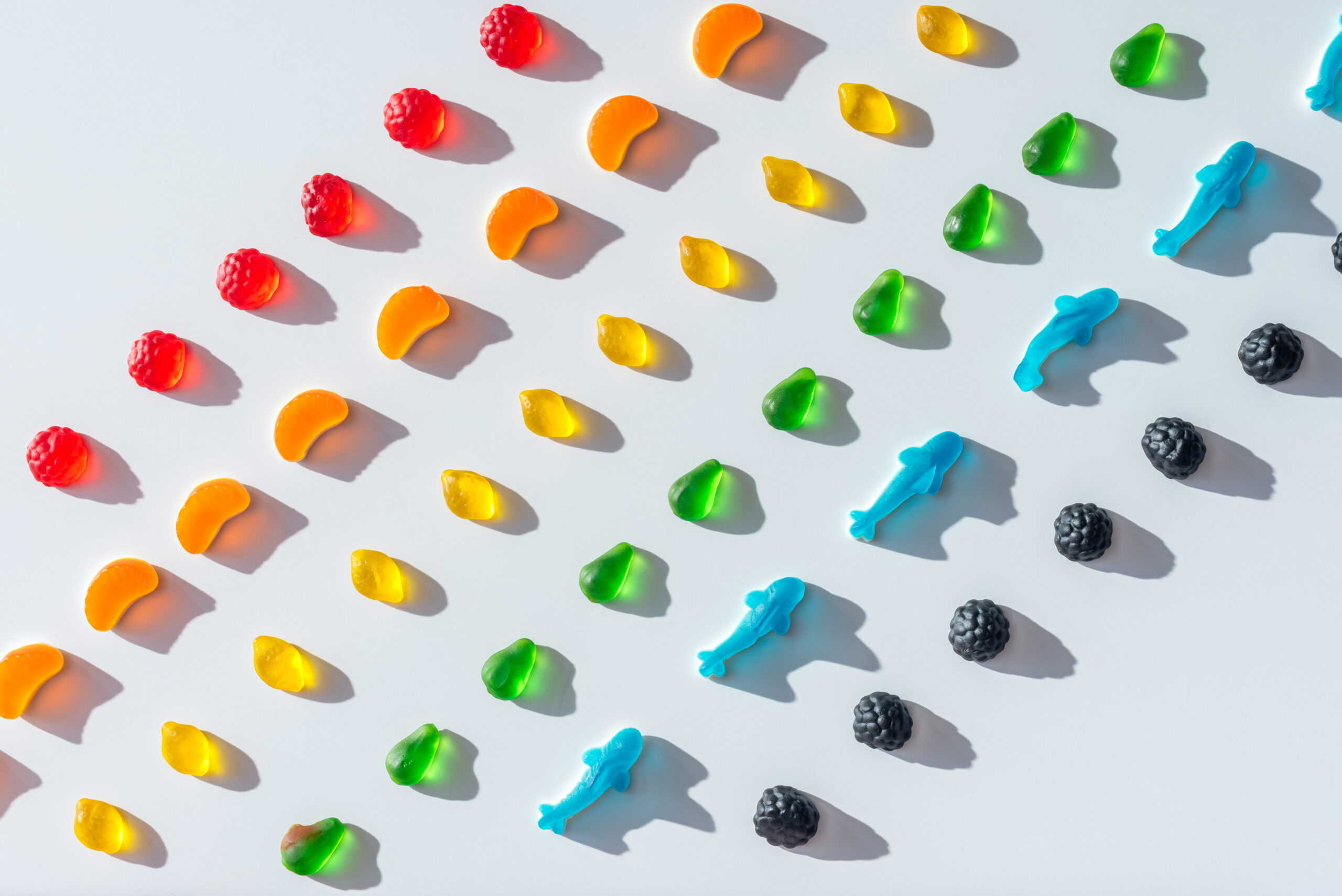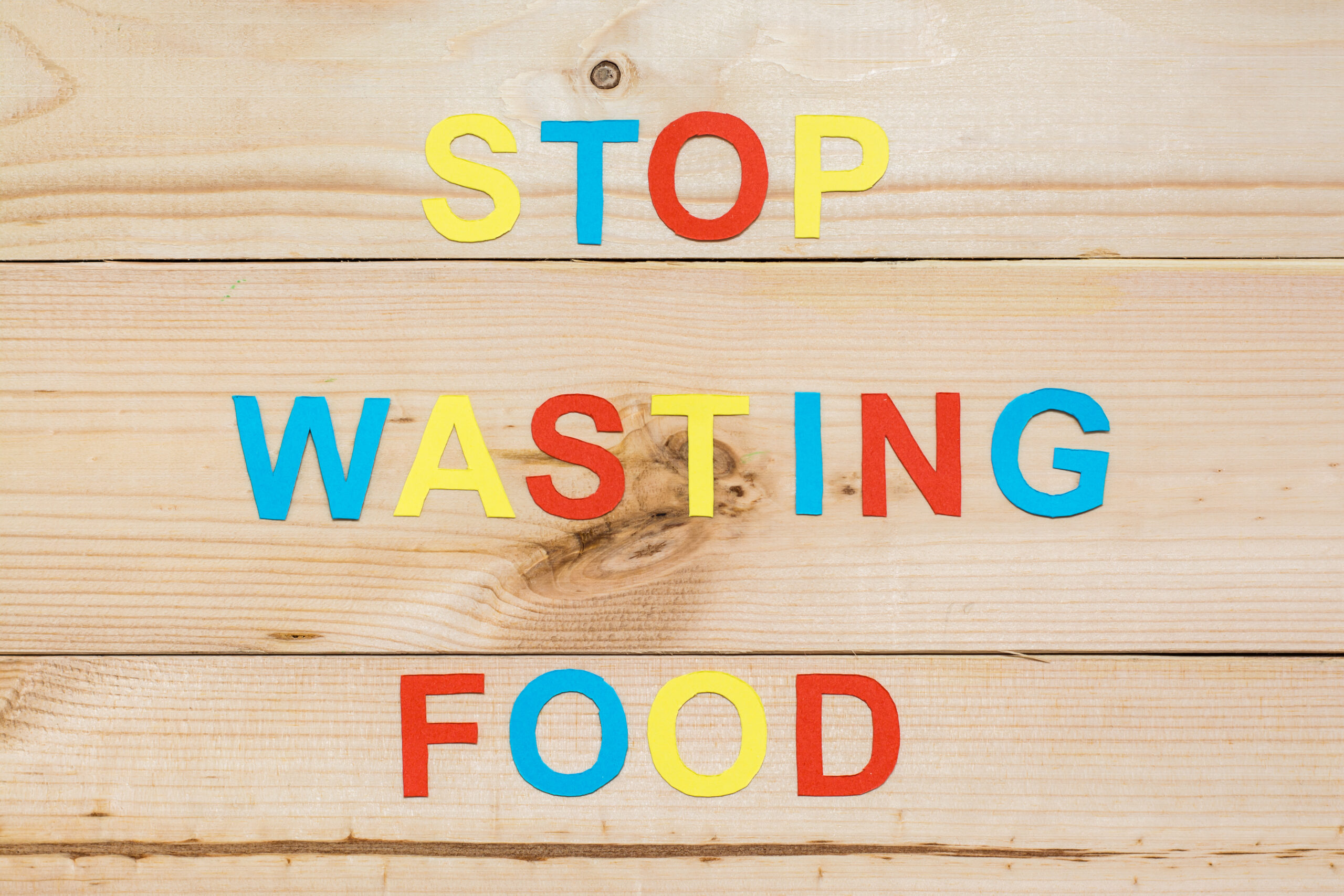A team of scientists from Harvard T.H. Chan School of Public Health and Nanyang Technological University (NTU) Singapore recently unveiled a biodegradable, waterproof and antibacterial food packaging. The “smart” packaging kills harmful microbes and can extend the shelf life of fresh foods for multiple days. So, how does it work?
The innovative food packaging is made from a type of corn protein called zein, starch and other naturally-derived biopolymers, which have been found to be sustainable replacements for PFAS and other plastic-coated paper. The packaging is also infused with a variety of natural antimicrobial compounds, including oil from thyme and citric acid, which is commonly found in citrus fruits.
In lab experiments, the packaging showed its resilience when exposed to enzymes from harmful bacteria or increased humidity. The antibacterial food packaging releases natural antimicrobial compounds that can kill common fungi such as E. Coli or Listeria. The packaging was intuitively designed to release the necessary amount of antimicrobial compounds only in response to the presence of additional bacteria or humidity, ensuring it can endure several exposures and last for months.
Related: French Startup Pyxo is Creating a Network for Reusable Food Packaging
The biodegradable, antibacterial food packaging is intended for fresh food items such as raw meat, fish, produce and ready-to-eat meals. The team’s aim is to replace conventional plastic packaging with the new material, which could be hugely beneficial for food and packaging waste reductions and food safety.
“Food safety and waste have become a major societal challenge of our times with immense public health and economic impact which compromises food security,” said Professor Philip Demokritou, Adjunct Professor of Environmental Health at Harvard Chan School and co-leader of the study. “One of the most efficient ways to enhance food safety and reduce spoilage and waste is to develop efficient biodegradable non-toxic food packaging materials.”
According to the US Environmental Protection Agency (EPA), plastic containers and packaging make up a major portion of municipal solid waste, accounting for 82.2 million tons of waste in 2018. Additionally, the recycling rate of generated packaging and containers was only 53.9 percent in the same year. If widely adopted, the new packaging has the potential to slash waste and prevent further environmental damage.
The new material is not only effective at preventing waste from food packaging, but also food waste itself. Fruits and vegetables continue to respire even when refrigerated, leading to spoilage after as little as a few days to a week. With the antibacterial food packaging, their shelf life can be extended for two to three days, or even more.
In an experiment conducted by the scientists, strawberries that were wrapped in the antibacterial food packaging stayed fresh for seven days before developing mold. Compared to its counterparts that were kept in standard fruit plastic boxes, which only stayed fresh for four days, this is a substantial improvement.
The development of this “smart” food packaging material is part of NTU’s efforts to promote sustainable food tech solutions aligned with its 2025 strategic plan, which aims to develop sustainable solutions to address some of the most pressing environmental challenges. As such, the researchers hope to scale up their technology with an industrial partner, with the aim of commercialization within the next few years.












Join or login to leave a comment
JOIN LOGIN